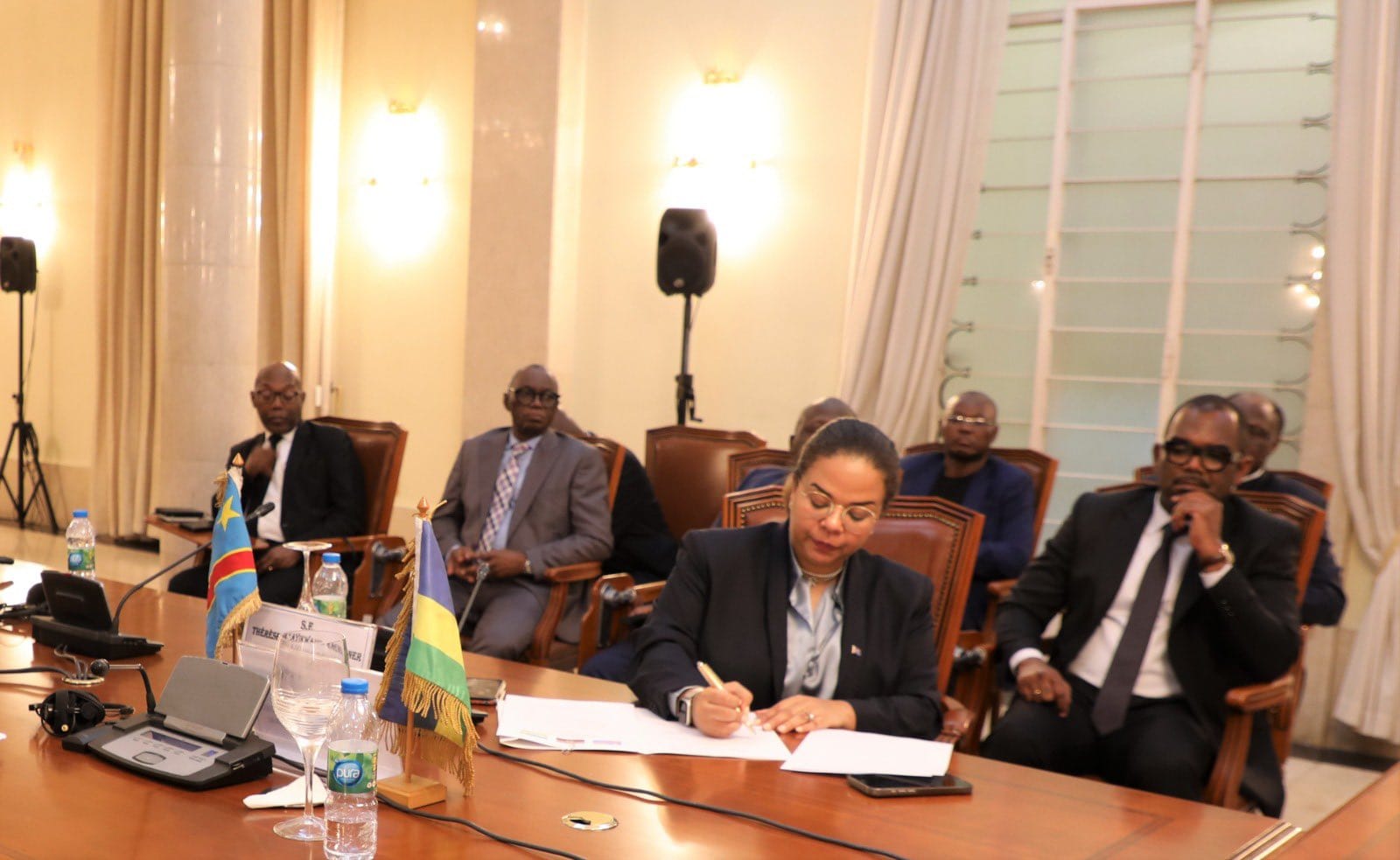Rwanda’s Minister of Foreign Affairs, Olivier Nduhungirehe, has pushed back against remarks made by his Congolese counterpart, Thérèse Kayikwamba Wagner, about the stalled Luanda peace process.
Nduhungirehe accused Kayikwamba of misrepresenting the facts and being the primary reason for the deadlock.
“I listened to Minister Thérèse Kayikwamba Wagner’s statements with a smile because my Congolese colleague is not telling the truth about the real reasons for the blockage in the Luanda Process,” Nduhungirehe remarked. He explained that Kayikwamba’s recent comments were an attempt to shift the blame, citing pressure from international partners like the United States.
Minister Kayikwamba addressed the United Nations Security Council, outlining three key reasons for the stalled negotiations with Rwanda:
1. Conditional withdrawal: Kayikwamba claimed Rwanda is conditioning its withdrawal from the DRC on the neutralization of the FDLR (Democratic Forces for the Liberation of Rwanda).
2. Responsibility clause: She said Rwanda rejects any responsibility clause in a potential peace deal.
3. Regional justice mechanism: The DRC insists on establishing a regional justice mechanism to hold parties accountable.
However, Nduhungirehe rebutted these claims, explaining that the Luanda meeting on September 14, 2024, was set to finalize a plan for neutralizing the FDLR and lifting Rwanda’s defense measures. This plan had been negotiated by Angolan, Congolese, and Rwandan experts on August 30, 2024, in Rubavu.

But things took an unexpected turn when Minister Kayikwamba, following instructions from her President, suddenly refused to adopt the harmonized plan. Nduhungirehe noted that this decision left not only her Rwandan and Angolan counterparts astonished but also some of her own Congolese experts.
Nduhungirehe highlighted that the plan, signed by Major General Christian Ndaywel, Head of Military Intelligence for the FARDC (Armed Forces of the Democratic Republic of Congo), had already been agreed upon on August 30. General Ndaywel even reaffirmed his support for the plan during the September 14 meeting, only to be publicly contradicted by Minister Kayikwamba in front of the assembled ministers.
The Rwandan minister also criticized Kayikwamba for blocking a subsequent expert meeting scheduled for September 30 and October 1, 2024, in Luanda, which was meant to finalize the operational details of the plan.
Regarding the “responsibility clause” and “regional justice mechanism” mentioned by Kayikwamba, Nduhungirehe clarified that these points were never part of the framework agreement proposed by Angola in August. He accused the DRC of introducing them later to complicate negotiations and delay the signing of a peace agreement.
Nduhungirehe concluded by stating, “If the DRC government wants to oppose peace in eastern Congo, they should at least do so with honesty and dignity.”
The diplomatic spat between Rwanda and the DRC has further strained efforts to reach a peace agreement in the region, with the stalled Luanda Process being a key element in the wider effort to stabilize eastern Congo and address the persistent security threats posed by rebel groups.